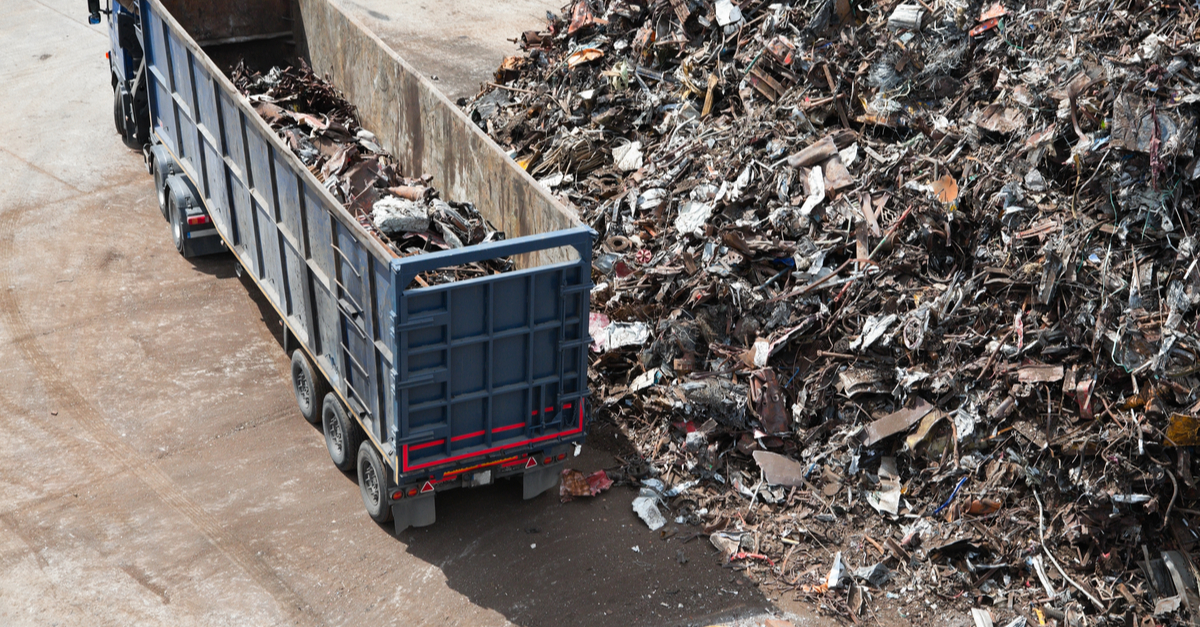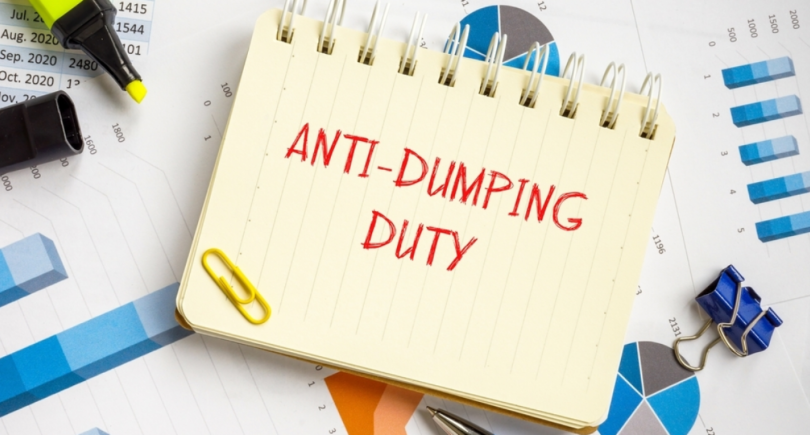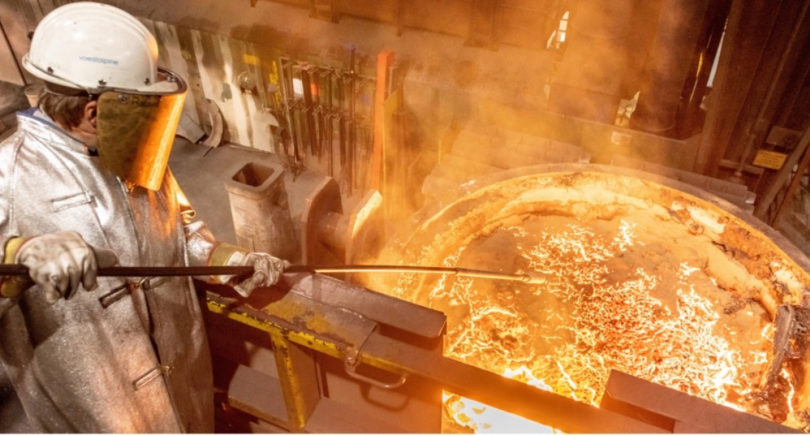
News Global Market export 3455 28 May 2024
In this way, the country's government stimulates the activities of local steel enterprises
On May 23, 2024, the Armenian government signed a decree extending the ban on the export of ferrous and non-ferrous scrap and waste from the country for another 6 months. This is reported by ArmInfo with reference to government data.
The last time a similar ban was introduced was on December 21, 2023. The adoption of the draft decision is due to the need to regulate the export of ferrous and non-ferrous scrap and waste, which contribute to the development of local steel production and provide a raw material base for stimulating the metallurgical industry in Armenia.
Since Armenia has no effective iron ore deposits, local steel mills use locally collected scrap as raw materials. Based on these facts, the problem of efficient utilization of ferrous and non-ferrous scrap is very important for providing metallurgical enterprises with raw materials.
According to the Ministry of Economy of Armenia, after the ban first came into force (in 2020), local steel production increased significantly. In particular, in 2021, the volume of rolled steel production amounted to more than 115.2 thousand tons (+8.4 times y/y), and in 2022 – 119.6 thousand tons (+3.9% y/y). Production of steel pipes, hollow sections and fittings increased by about 56% to 52.2 thousand tons in the first half of 2023.
As a result of the government’s measures, investments (including foreign ones) in the steel industry amounted to about $100 million in 2022-2023, which will create 550-750 new jobs. At the same time, it will increase the use of local scrap by 65-70%, bringing the annual consumption of scrap to 250 thousand tons.
As GMK Center reported earlier, on 23 April 2024, the Minister of Industry and Construction of Kazakhstan signed a decree banning the export of ferrous and non-ferrous scrap for another 6 months. The restriction was first applied 7 years ago. At the same time, the lion’s share of raw materials is still shipped to Russia, as the countries are members of the Eurasian Customs Union (EAEU), so the export ban is not in effect.




